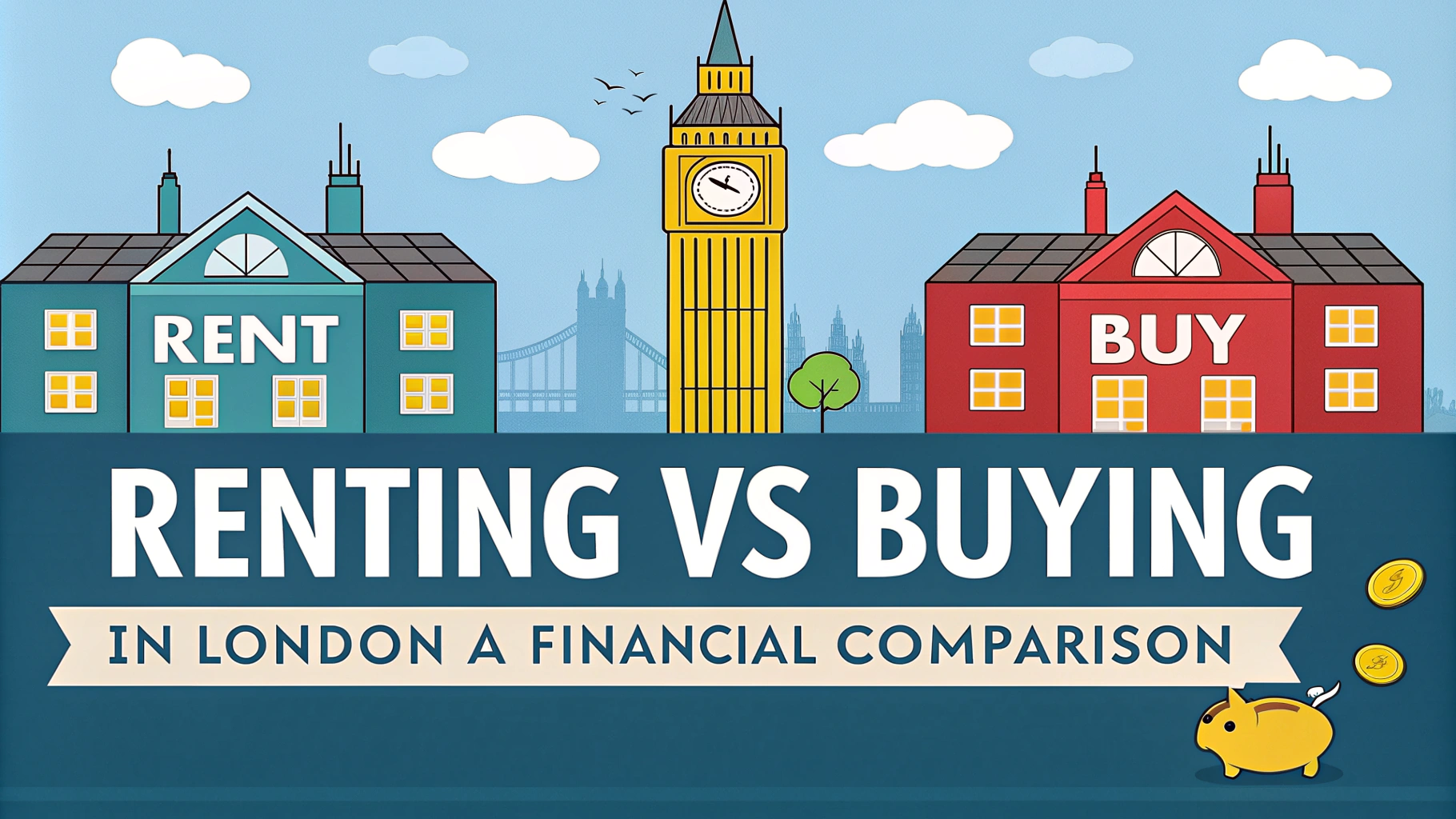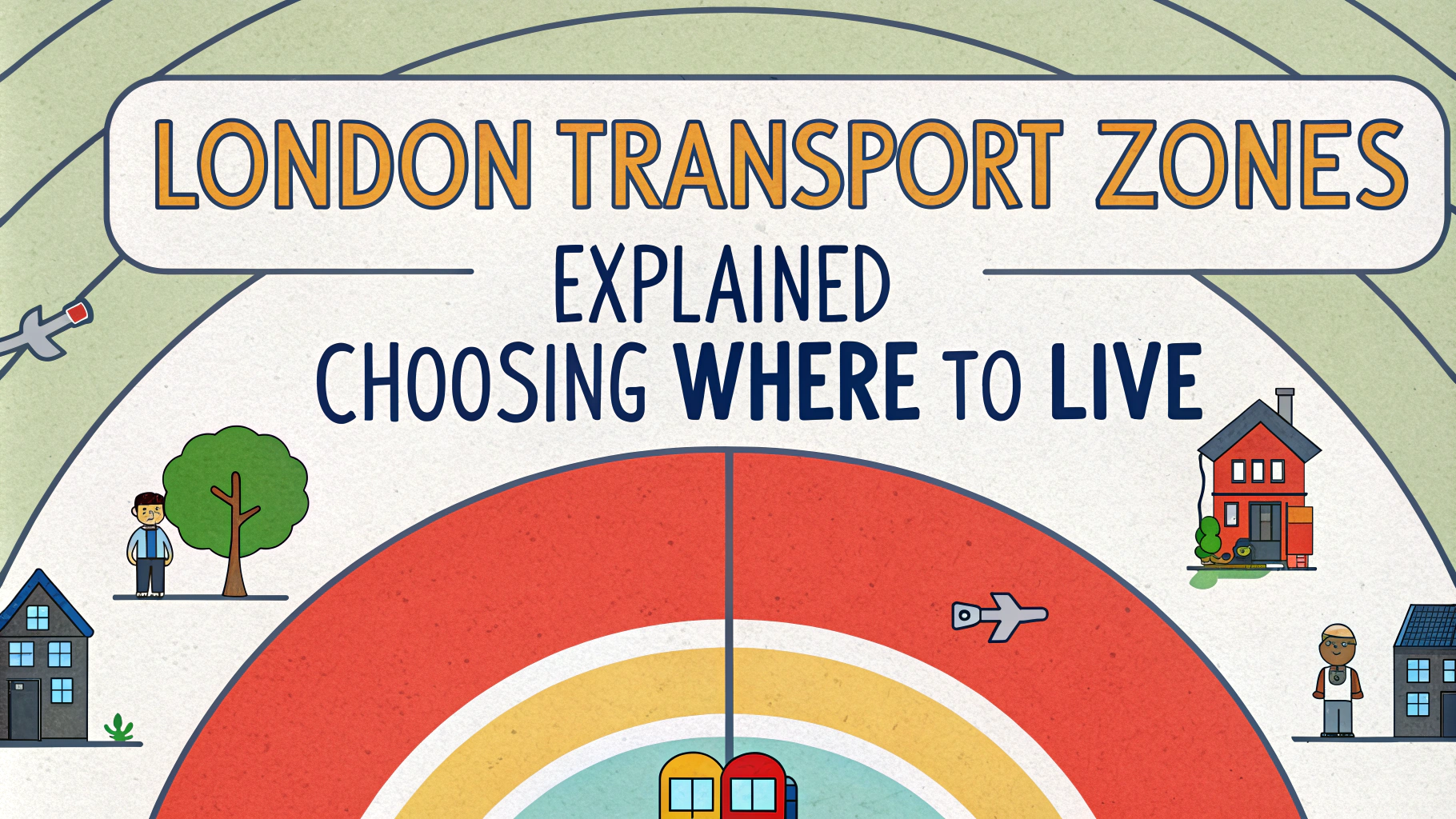Understanding Council Tax obligations is essential when moving to or from London, as it directly impacts your monthly expenses and legal responsibilities.
London’s Council Tax system operates differently from many other cities, with rates varying significantly between boroughs and property bands.
This guide explains everything you need to know about London Council Tax, including payment schedules, exemptions, and what happens when you move.
What is London Council Tax?
Council Tax is a local charge that helps fund essential services like waste collection, police, fire services, and road maintenance.
- Properties are placed in bands from A to H based on their value
- Each London borough sets its own Council Tax rates
- Bills are typically paid over 10 months, from April to January
Moving to London: First Steps
Contact your new borough’s Council Tax department as soon as you have your move-in date.
- Register for Council Tax through your local council’s website
- Provide proof of your move-in date
- Set up a payment plan (most councils offer direct debit)
Moving from London: Closing Your Account
Notify your council at least two weeks before moving out to avoid overpayment.
- Provide your moving date and forwarding address
- Take final meter readings
- Request a final bill or refund if applicable
Discounts and Exemptions
Several categories of residents qualify for Council Tax reductions.
- Single Person Discount: 25% reduction for solo occupants
- Students: Full-time students are exempt
- Low Income: Council Tax Reduction scheme available
- Disabled Residents: May qualify for reduced rates
Payment Options
London councils offer multiple payment methods to suit different preferences.
- Direct Debit (most convenient)
- Online payments
- Phone payments
- Bank transfers
- Payment at Post Office branches
Common Issues and Solutions
Address these common Council Tax challenges promptly to avoid penalties.
- Missing Bills: Contact your council immediately
- Payment Difficulties: Discuss payment plans with your council
- Incorrect Banding: Appeal through the Valuation Office Agency
- Joint Tenant Issues: All tenants are jointly responsible
Next Steps for New Residents
Take these actions to manage your Council Tax effectively.
- Research your borough’s Council Tax rates before moving
- Budget for monthly payments
- Keep all correspondence from your council
- Set up automatic payments to avoid late fees
| Important Contacts | Contact Details |
|---|---|
| Valuation Office Agency | 03000 501 501 |
| Council Tax Support | Contact your local borough council |
Additional Council Tax Considerations
Understanding these additional aspects of Council Tax can help prevent unexpected issues.
- Back-dated charges may apply if you fail to register
- Property improvements might affect your tax band
- Empty properties may still incur charges
- Second homes often have different rates
Emergency Situations
Know what to do when unexpected circumstances affect your Council Tax status.
- Loss of Income: Apply for Council Tax Reduction immediately
- Bereavement: Notify council for account adjustments
- Property Damage: May qualify for temporary reduction
- Sudden Move: Emergency notification procedures
Planning Your London Council Tax
Take these final steps to ensure smooth Council Tax management in London.
- Set calendar reminders for payment due dates
- Keep documentation of all communications
- Review your eligibility for discounts annually
- Stay informed about rate changes in your borough
- Maintain accurate records of payments and correspondence
| Quick Reference | Timeline |
|---|---|
| Registration Deadline | Within 7 days of moving |
| Payment Setup | Before first bill due date |
| Annual Review | Each April |
FAQs
- What is Council Tax and why do I need to pay it in London?
Council Tax is a local tax that funds municipal services like waste collection, police, fire services, and local facilities. All residential properties in London are subject to Council Tax, whether owned or rented. - How is my Council Tax band determined in London?
Council Tax bands in London are based on the property’s value as of April 1991. Properties are assigned bands from A (lowest) to H (highest), with each band corresponding to a different value range. - When do I need to start paying Council Tax after moving to London?
You become liable for Council Tax from the day you move into your London property. You must notify your local council within 21 days of moving in to ensure correct billing. - Can I get a discount on my London Council Tax?
Yes, discounts are available for single occupants (25% reduction), full-time students (full exemption), and those on low incomes. Additional reductions may apply for disabled residents or empty properties. - What happens to my Council Tax when I move out of London?
You must notify your London borough council when moving out. They will calculate your final bill up to your moving date and either request final payment or issue a refund if you’ve overpaid. - How do Council Tax rates differ between London boroughs?
Each London borough sets its own Council Tax rates. Inner London boroughs often have lower rates than outer London boroughs, but this can vary significantly between areas. - What payment methods are available for London Council Tax?
You can pay via Direct Debit, online payment, telephone banking, standing order, or at Post Offices. Most councils offer 10 or 12 monthly installments throughout the year. - What happens if I fall behind on London Council Tax payments?
Missing payments can result in reminders, court summons, and additional costs. The council may take legal action, including the use of bailiffs or deductions from wages or benefits. - Do I need to pay Council Tax if I’m a foreign resident moving to London?
Yes, foreign residents are liable for Council Tax just like UK citizens. Diplomatic personnel may be exempt, but must still register with their local council. - How do I challenge my property’s Council Tax band in London?
You can challenge your band through the Valuation Office Agency if you believe it’s incorrect. Evidence supporting your claim, such as similar properties’ bands in your area, will be required.








